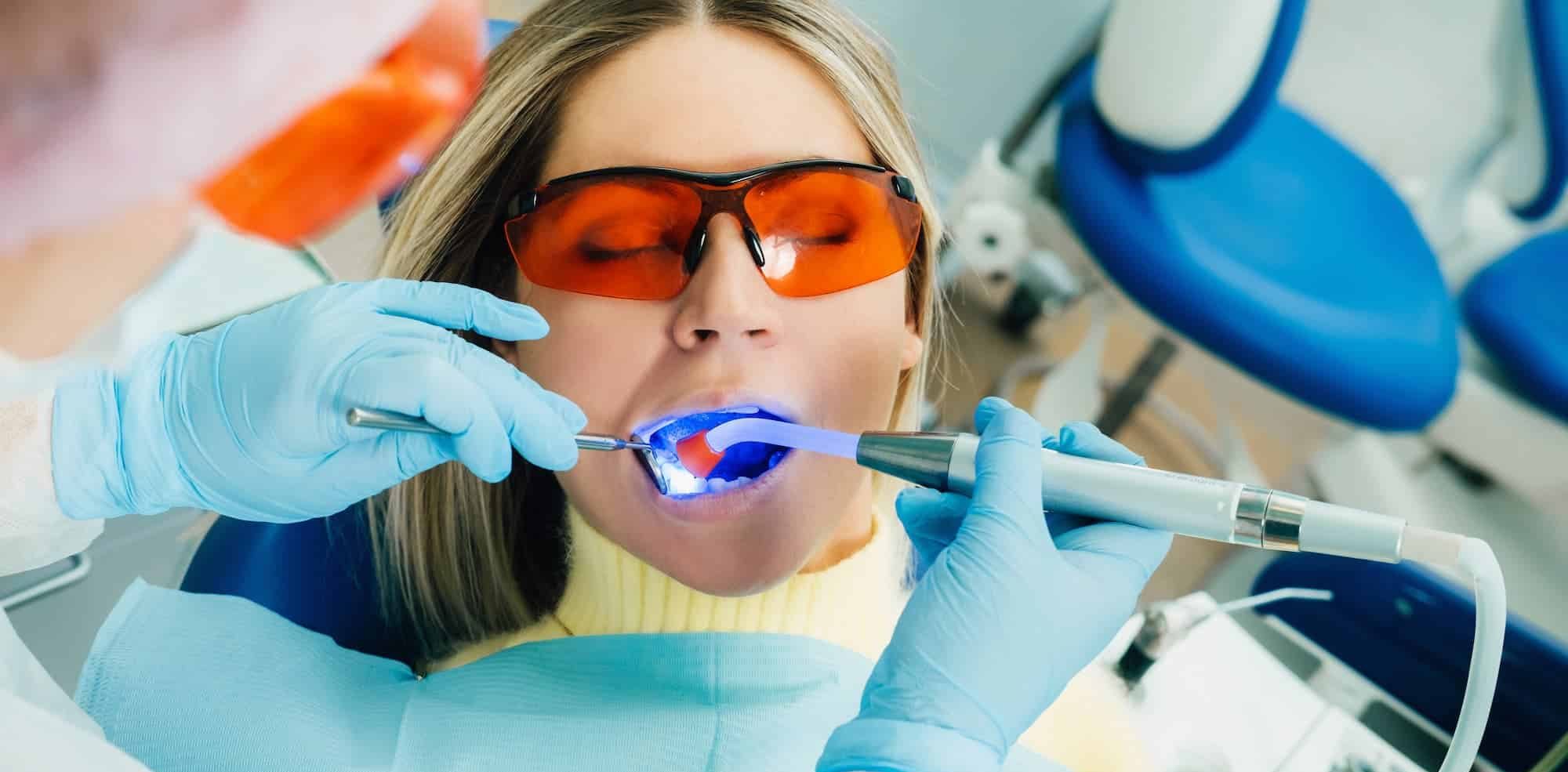If you’ve just had a dental filling, you might be wondering what to expect.
A filling is a common procedure that will help prevent further damage to your tooth and keep your smile healthy. However, there are some things you should know about the healing process after getting a dental filling.
The following covers what happens after getting a filling, how much discomfort you might feel afterwards and how long it takes before you can resume your normal activities.
Fillings Are Common Dental Procedures
A dental filling is a common and non-invasive procedure for people with cavities. Modern dentists usually fill a cavity using Colour Matched Composites, Stain-Resistant Porcelain, or Glass Ionomer.
Pain And Sensitivity Are Normal
Expect to experience some mild discomfort as you leave the dental clinic, especially if you bite down on the area that received treatment, or as the anaesthetic begins to wear off. You should also expect your bite to feel different than before the procedure.
Cracks in dental fillings can cause pain if the filling is higher than the tooth. You may notice that as you start to move your jaw, speak, and chew, the filling no longer feels right. The dentist may need to smooth out any sharp edges or reshape the filling.
If you notice pain that lasts longer than three days or experience severe pain, contact your dentist immediately.
Discomfort in Adjacent Teeth
The tooth that had the filling may not be the only one that is sensitive. Other teeth may also be sensitive because the pain from a filling or drilling can transfer to surrounding areas of the mouth. This is normal and doesn’t indicate a problem.
Peak Pain Within 24 Hours
Pain from a dental filling usually peaks 24 hours after the procedure. This is normal and should begin to subside by the following day but can last up to 7 days. Some people report that their sensitivity is worse in the morning than at any other time of day.
If you experience toothache after receiving a dental filling, it may signal that decay has penetrated deep into the pulp of your tooth. If this is the case and a root canal is needed, it’s best to see your dentist as soon as possible.
Eating and Drinking
After a dental filling, you may notice some sensitivity to air and hot or cold food or drinks. This is normal. If your filling is for a deep cavity, you may also feel some pain when biting down on the new filling. The discomfort will ease within two weeks as the gum tissue heals.
Composite dental fillings harden under the blue light of the curing unit, allowing you to eat and drink immediately after the procedure. Dental amalgam (metal) does not harden immediately so we recommend at least 24 hours before you can eat solid foods.
Ideally, you should wait until the local anaesthetic wears off before trying to eat so you don’t bite into your lips, tongue, or cheeks.
Brushing Your Teeth
It is not necessary to wait after having a dental filling before you brush your teeth. Keep up with regular dental care routines such as flossing daily and brushing twice daily using a fluoride toothpaste for sensitive teeth.
Recommended Painkillers
Over-the-counter painkillers may be used to help with any physical discomfort after a dental filling. The anti-inflammatory effects of ibuprofen will allow the nerve to settle within the tooth.
The Good Dentist Follow Up
We understand that each person can respond differently to different types of fillings. If you have any questions or concerns, don’t hesitate to contact our office. We are always happy to address your concerns so that you can enjoy the best possible treatment from The Good Dentist, Newcastle.


